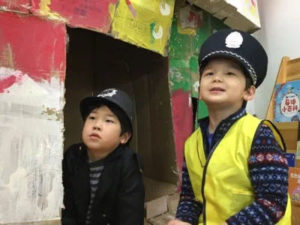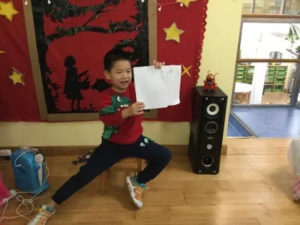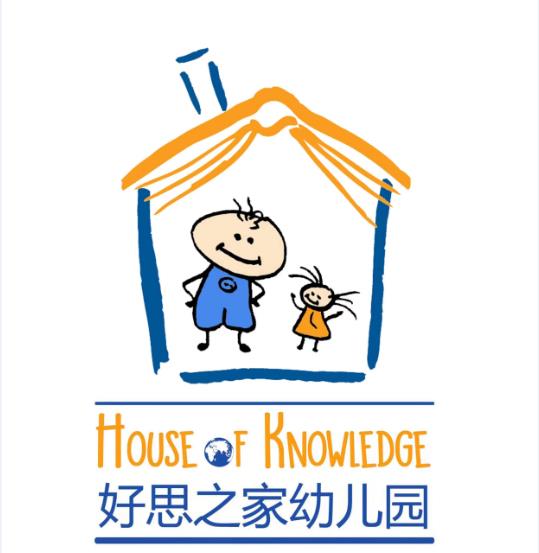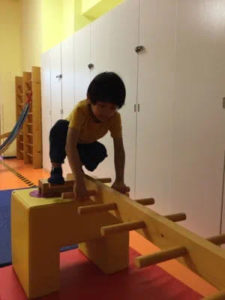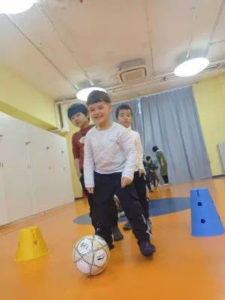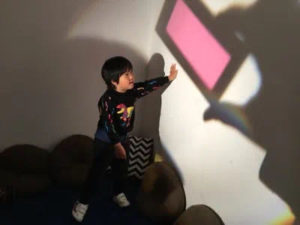



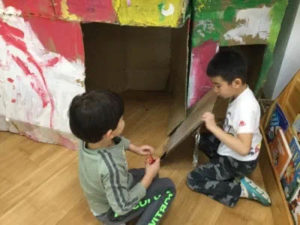


 At the age of 5 years old, there is a significant increase in abstract logical thinking which is a focus and target of our projects that we carry out giving the students opportunities to understand the development of things and to analyze relative relationships.
At the age of 5 years old, there is a significant increase in abstract logical thinking which is a focus and target of our projects that we carry out giving the students opportunities to understand the development of things and to analyze relative relationships.
